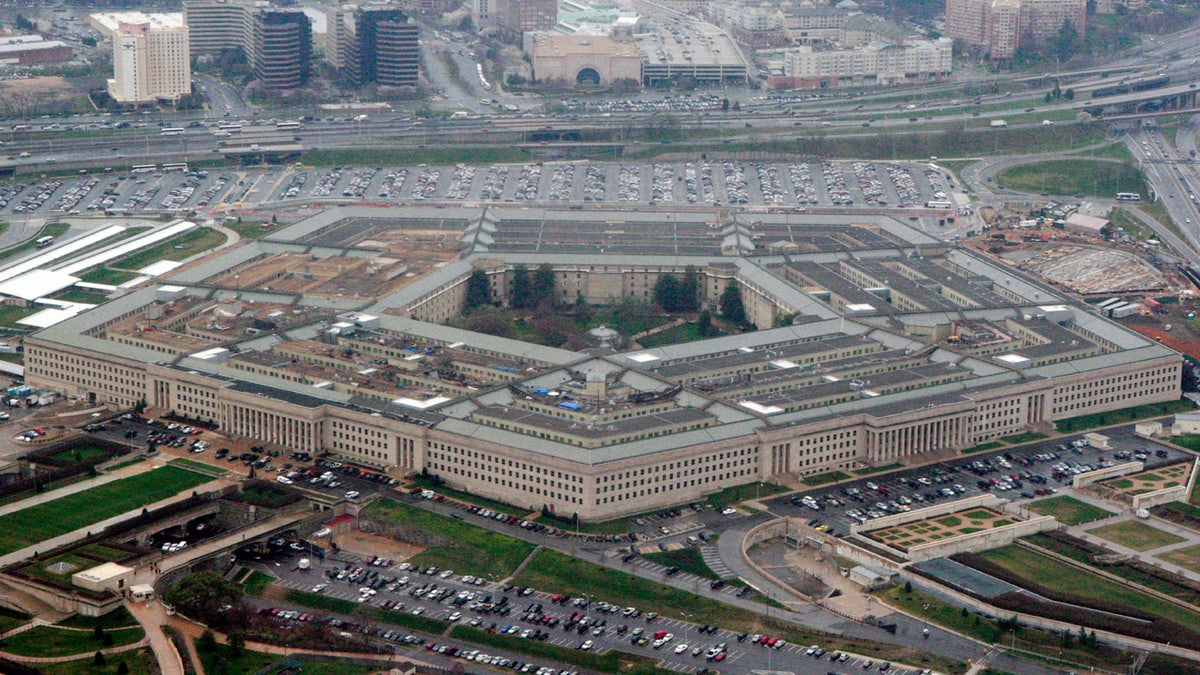
The U.S. Department of Defense is seen above. (AP)
The Pentagon is expected to take over background check investigations for federal government employees, tightening controls and tackling a backlog of workers awaiting security clearances.
Officials said that over the next three years, the Defense Department will take responsibility for all background investigations involving its military and civilian employees and contractors. An official said this week that the White House is also expected to give the Pentagon authority to conduct security reviews for nearly all government agencies as well.
U.S. officials said the move comes after revelations that a Navy contractor who gunned down a dozen people at Washington’s Navy Yard in 2013 maintained his security clearance despite concerns about his mental health and a prior arrest investigators never reviewed.
The security check system has seen delays in recent months—with a backlog of approximately 700,000 people — including high-ranking federal officials who have waited up to a year to get clearance.
Just last month, President Trump’s son-in-law and senior adviser Jared Kushner received his permanent clearance —16 months after the president took office. The delay, according to Kushner’s attorney, was caused by the backlog in the new administration, and Kushner’s extensive financial wealth, which required lengthy review.
The transfer of responsibility from the Office of Personnel Management (OPM) to the Pentagon for nearly 3.6 million defense employees are already in the works. The program will involve a system of continuous checks that will automatically pull and analyze workers’ criminal, financial, substance abuse and eventually social media data on a more regular basis — rather than only ever five or 10 years as it is done under the current system.
The Office of the Director of National Intelligence (DNI) is the executive agent for the new program, setting the guidelines for the security requirements, based on federal investigative guidelines. OPM and the Pentagon will carry out the vetting process, in conjunction with DNI.
An official said the changes would result in at least a 20 percent reduction in the backlog within six months.
During the first year of the program, the Pentagon will take over investigations for government employees seeking a renewal of their secret clearance, then over the next two years, will take on government employees seeing their initial secret clearance, and then move to employees seeking top secret renewals and initial clearances, according to an official.
Workers with secret clearance are re-evaluated every 10 years, and those with top secret clearances are checked every five years.
The program will cost an additional $40 million for fiscal year 2018 but the department expects to spend “significantly less” than the current $1.3 billion price tag for the program because of increased automation and other savings.
The Associated Press contributed to this report.













































